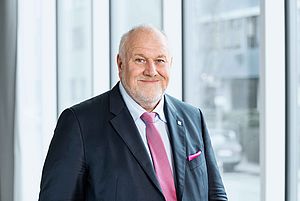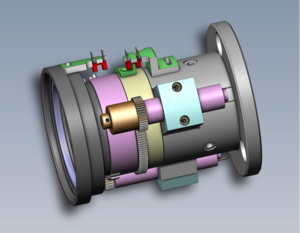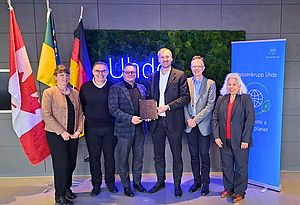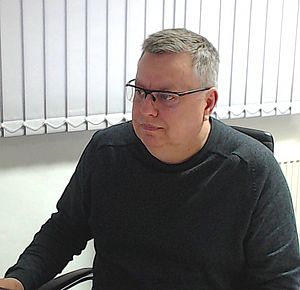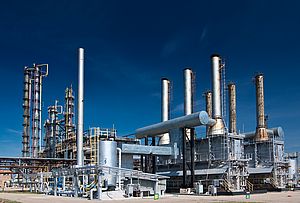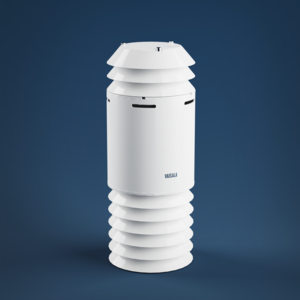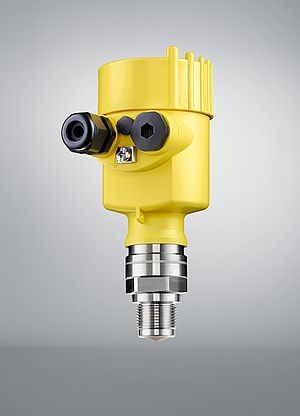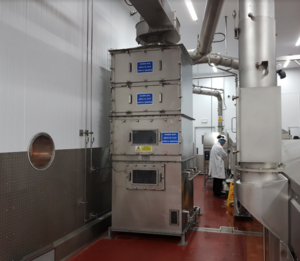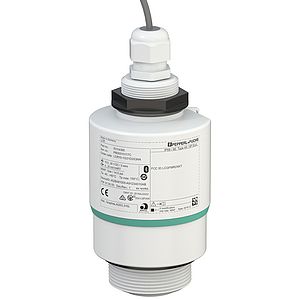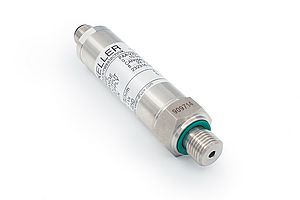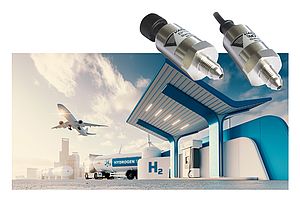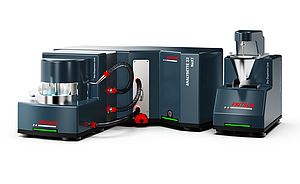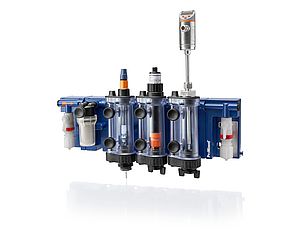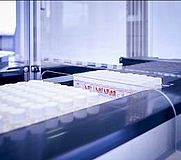With the commissioning of OMV´s new ISO C4 plant at the Burghausen site, the collaboration between the world’s largest chemical company, BASF, and OMV, the international, integrated oil, gas and chemical company headquartered in Vienna, has reached a new milestone. The plant is based on a novel technology developed jointly by the two companies and has been producing high-purity isobutene since the end of 2020. The plant’s exceptional energy efficiency saves 20,000 metric tons of CO2 emissions per year. Up to 80% of the heating energy required for the new process can be met by thermal discharge from an existing associated facility thanks to a heat integration approach.
Collaboration for new process
The energy-efficient process for the production of isobutene, achieving up to 99.9% purity, was developed in cooperation between BASF and OMV and a worldwide patent application was filed jointly by the two companies. As a global supplier of catalysts and licensor of petrochemicals technologies, BASF provides the catalyst and reaction concept that intrinsically fulfils all process requirements by OMV. The new unit for the production of high-purity isobutene, which does not need chemical conversion of isobutene, has been integrated into the existing metathesis plant at OMV’s Burghausen site.
The isobutene produced here complements OMV’s existing product portfolio and will be used for manufacturing glues, grease and other chemicals such as antioxidants, as well as in the production of vitamin C. The plant’s production capacity is 60,000 t/a. Investment volume of this largescale project including auxiliary facilities was EUR 64 mn. Recognizing its superior energy efficiency and contribution to CO2 reduction, Germany’s Federal Ministry of the Environment subsidized EUR 2.8 mn towards the ISO C4 plant as part of its environmental innovation program. Construction on the plant had started in the summer of 2019. Despite the coronavirus pandemic, the project was successfully realized with the implementation of a customized hygiene and safety concept.




